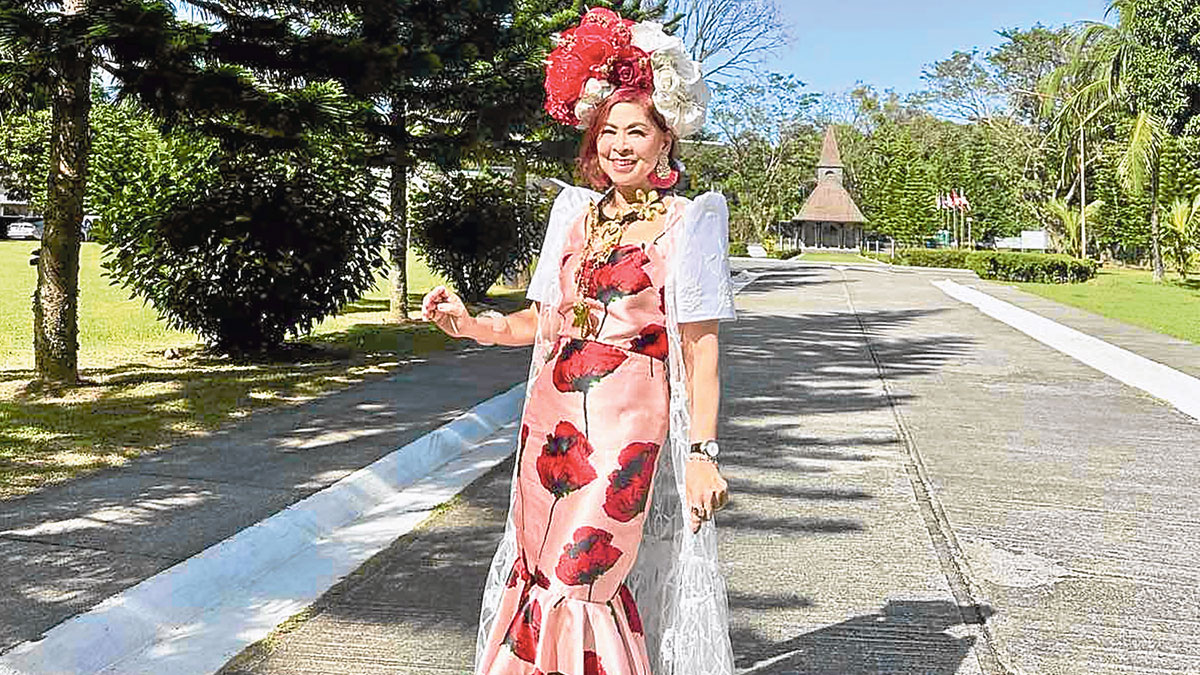
Social enterprise, sustainable fashion, green movement, nationalism—these are concepts and ideologies that were once seen as extreme and exclusive to tree-hugging movements.
Social enterprises were once misunderstood as equivalent to NGOs. Sustainable fashion was seen as conceptual, not wearable. Organic produce was scarce and not easily available. Wearing Filipino brands used to be deemed as baduy or not stylish.
In recent years, there has been a stark shift in mindset. All of these have now become popular advocacies, if not the gold standards of many, particularly among the youth. Groups have made marks and contributions toward these issues.
Internationally acclaimed social enterprise Rags2Riches, known for working with Payatas communities to transform floor rugs to practical pieces, has made upcycling and women empowerment a strong driver in their company’s growth. Charity empowers when covetable, stylish products made of recycled woven fabrics are produced.
The Echostore at Serendra is also notable for providing a venue for homegrown products such as coffee, soaps, to be made easily accessible to a wider market.
A group of young “nationalista fashionistas” recently launched the Postura Project (www.posturaproject.com). A movement aimed at encouraging all to wear something Filipino each day.
A leading organization that has had a strong history in community building is Gawad Kalinga (GK). Popular for creating villages, it is also known for producing bags made of Zesto wrappers.
Recently, it opened the GKonomics Design Lab and Showroom, part of its mission to grow the number of social enterprises in the country.
It serves as home and selling space for the various products made by GK villages from all over, as well as venue for research and product development. The Design Lab and Showroom is in a four-story multipurpose building in Taguig, in the vicinity of at least five GK villages.

The lab taps the skills of workers in these communities and provides a source of livelihood for them. The space was designed pro bono by accomplished interior designer Ivy Almario.
“It is hoped that this gathering place will inspire designers, social entrepreneurs and partners to conceive business ideas which include the poor and the environment in their plans,” shares GKonomics product development director Marivic Pineda.
Market-driven products
“Most GK villages have basic artisan skills in weaving, sewing, woodworking and sculpting,” says Marivic. “They hope to develop market-driven products with quality and design standards, ensuring that they espouse our Filipino identity.
“GK residents have proven to be highly trainable so there are no limits to what can be done,” she adds. “Most often, you will find the use of sustainable materials like bamboo, pandan, water lily, packaging materials, tarpaulin, seagrass, driftwood, recycled sando bags, etc. The challenge we are addressing is to elevate them to forms higher than handicrafts. We have complete faith in Filipino workmanship, and always strive to give it a stage.”
GKonomics products offer an alternative to machine-made, mass-produced, price-centric consumer goods. They believe in the “committed customer” who spends hard-earned money on products of beauty and functionality, and gives equal importance to how they are made. They can appreciate the life that their purchase can give others. They ask: does it solve a problem, whether societal or environmental?
GKonomics aims to grow its staple of fashion products. It believes in the growth potential of the fashion market, both local and international. Collaborations with fashion designers are under way.

Vibrant crocheted handbags and clutches of plastic materials made by the Invisible Women have become standouts for summer.
GKonomics has also teamed up with the Fashion and Design Council of the Philippines (FDCP) in the Atelyer Project, which endeavors to make Philippine fashion wearable.
FDCP president JC Buendia and Randy Ortiz have begun this experimental project by designing pieces utilizing the Tausug weave, Piz Syabit.
Products such as these make sustainability and nationalism accessible, relevant and within reach of the stylish set. Here are ways you can wear them with fashionable ease:
THE GKONOMICS Design Lab and Showroom is at 3/F, GK Multipurpose Bldg., Brgy. Pinagsama, Taguig (near Petron and BCDA office)












































